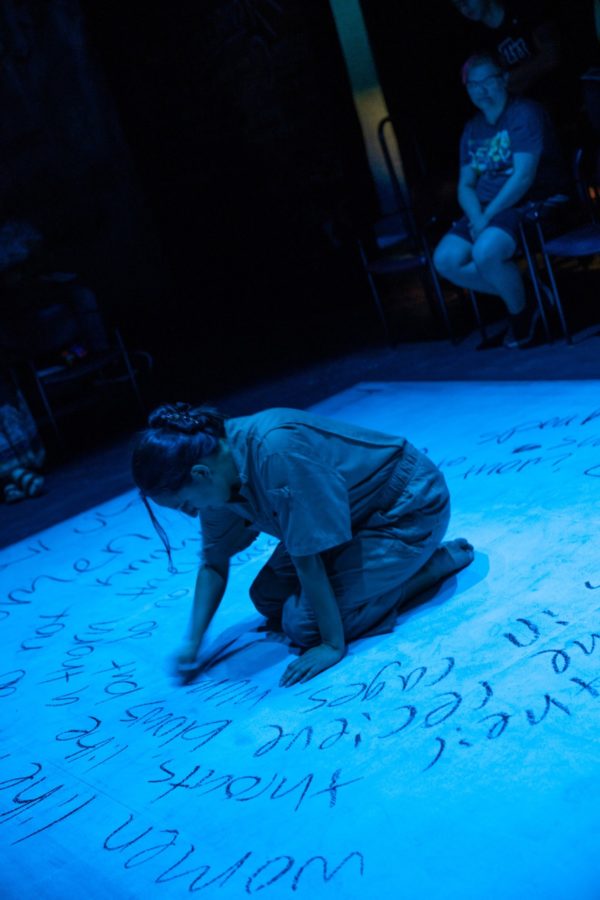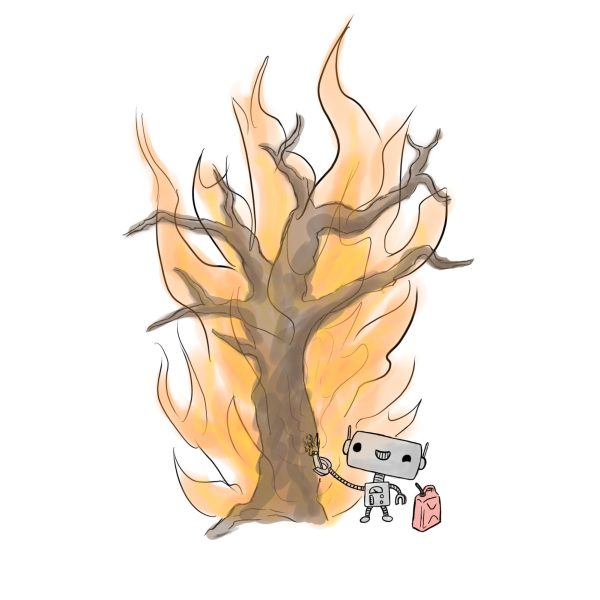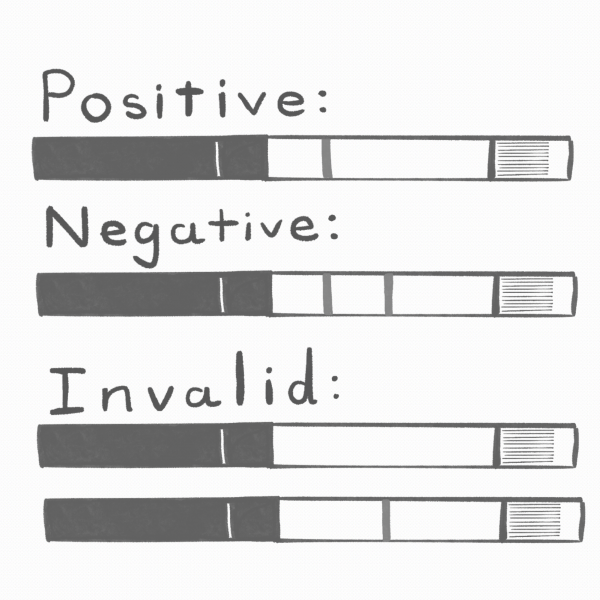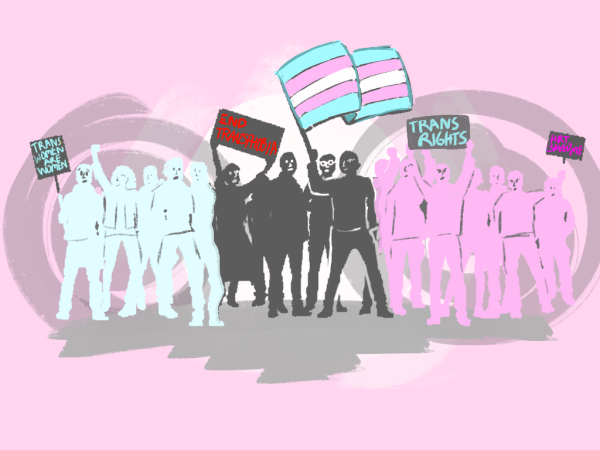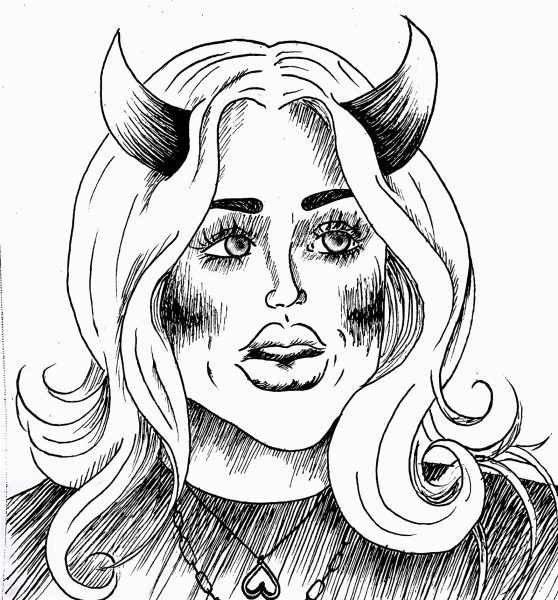Guest Column: When the search for controversy overshadows the story being told
A response to “Upcoming theater production navigates casting controversy”
By Sofía Muñoz, senior Anthropology major and theater minor and recipient of the Spring 2023
John Donahue Award for Social Justice
My name is Sofía, and I just finished playing Nura in, “Could You Please Look into the Camera?” Nura is a Syrian filmmaker, and though she is fictional, her drive, passion and thirst for understanding are rooted in reality. Playwright Mohammad Al Attar told the cast on a Zoom call that when the uprisings began in 2011, he felt he had to act. So, he wrote. In the show, Nura describes a similar feeling. She risks her life to capture and tell the stories of those who have been detained by the government. She uncovers horrific stories of violence and torture — but more importantly, she begins to ask questions.
Through conversations with former detainees and her brother, Nura starts to question the violence. Are people “simply following orders?” What level of empathy should we feel towards those committing violence? Zayd — played by Noor Jahlul — said that he does not hate those who imprisoned him. However, Farah — played by Em Miller — is convinced those committing the violence enjoyed it. Ghassan — played by Om Dighe — questions whether these characters are even telling Nura the truth. There are no answers to these questions, no black and white, and there is no closure for Nura. She ends up detained, left to write her own stories on the walls of the prisons that occupied her nightmares. And so, without answers, we are left to question: what is the intended message of this play?
To quote President Beasley, the show “[invited students to sit with] difficult questions about humanity.” This play was designed to provoke thought not emotion, and to do so, our director adopted a Brechtian approach. This means we did not want the audience to suspend their disbelief; in fact, we wanted the opposite. Our show was filled with constant reminders to those involved that they were seeing a story being told — not “a repetition of reality,” as Zayd would put it. Upon entering the space, the cast was already present, introducing ourselves not as our characters, but by our real names. The acting style we employed was intentionally distant. Our goal was not to embody the characters but to tell their stories. During our rehearsal process, Professor Prestigiacomo would stop us if we became too emotional: our goal was not to feel what these people felt. After all, how could we?
This show was a careful creation. We worked with a well-researched dramaturge, spoke with the playwright and relied on our Syrian cast member to gain a better understanding of the revolution that inspired the play. Al Attar was thrilled that his show was being put on in Texas, a place where few know of the struggles of his country, and he did not care about the ethnicity of the cast. This was not the theft of one culture to benefit another. And with an almost entirely POC cast, the play was one of the most diverse shows I have seen in my four years at Trinity. At its heart, this show intended to put a spotlight on Syria, a beautiful country left behind by the Western world and still in the throes of violence and instability. This show forced audience members to think about their privilege, about systemic violence and injustice and the way we, as humans, react to the world around us. Dr. Naqvi of the anthropology department said it best, “[the play] reminds us what’s at stake in the moment [that] a personal account of trauma and injustice becomes a certain kind of testimony.” Despite its purpose and the care with which the performance was constructed, the only coverage we received discussed the ‘controversy’ of the ethnicity of the cast. The search for injustice is important, and as a bisexual woman of color, I am encouraged by the way our generation has stood up for people like me. But I must ask, at what point does the search for controversy overshadow the work being done to call out injustice?
Maybe as a community, we can hold ourselves to higher standards. We can sit down and speak with one another, ask for opinions we haven’t heard yet and challenge the black-and-white way we have been taught to view the world, just as Nura does. Telling stories is an invaluable part of our humanity, and when telling the stories of others, we need to be careful. As an anthropologist, an actress and the daughter of a writer, I have always known this. I carried it with me every day for two months as I rehearsed for hours, and in the end — I believe we did this story justice. I hope I have encouraged you to take a closer look into the ‘controversies’ you encounter. Search for meaning, dig deeper than the surface and ask questions. Thank you.

